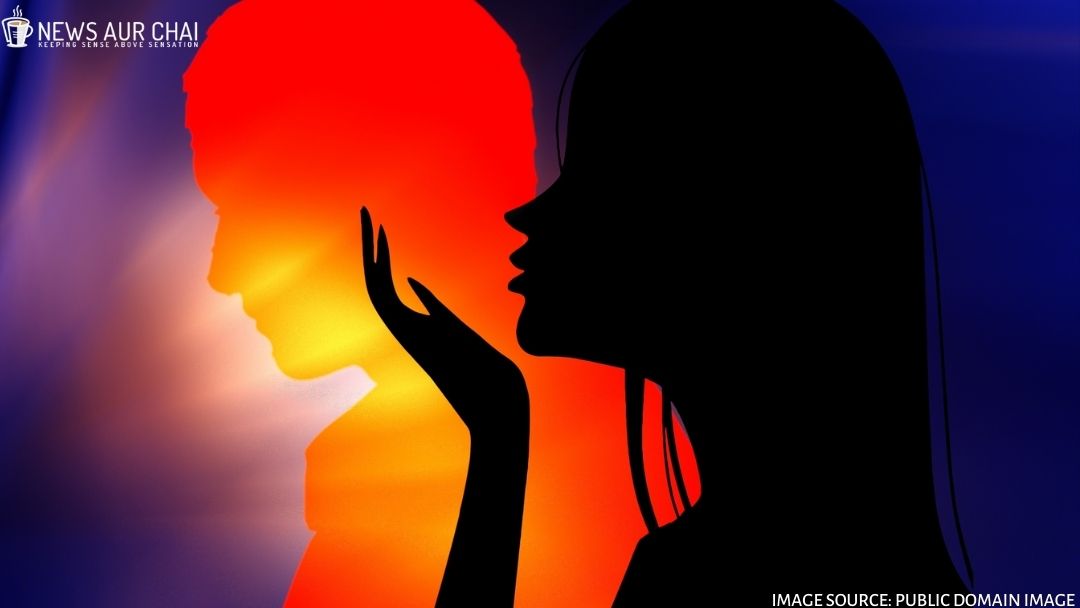
How do we define inclusivity and confer a sense of belonging to someone who for long has been humiliated on the grounds of gender?
A petite affair as booking a ticket would have pulled down the individual of the community with despair as long they were disdained from identifying to their true self in online booking forms. From airlines to railways, neither provided ‘Transgender’ as an available gender option. Deprived of a choice, a transgender person had to book tickets under the Gender option which does not truly identify with them.
Provenance of the first progressive step came around circa 2016. Indian Railways acknowledged the existence of the third gender and updated their booking form and introduced Transgender in the gender column.
However, the road is long for the airline it seems. They seem to acknowledge the existence of the community on social media, upload “rainbow graphics” and mark the LGBTQ Pride month but fail to include the third gender in their booking platform. A ‘Title’ such as ‘Mx’ can be used instead of ‘Mr’ or ‘Mrs.’ This curbs an ignorant and alienating practice targeted at individuals belonging to other categories of the gender spectrum, further leading to troublesome boarding procedures.
The members of nearly a three million-strong transgender community have been at the receiving end of oppression for ages now. The prejudiced stereotypes and societal bias are major factors which let such discrimination flourish rather conveniently. However, last year, the government passed the Transgender Persons (Protection of Rights) Act 2019; the Act suggests that transgender persons should not be denied or unfairly treated concerning the right to movement and access to services. The community has had to file numerous petitions for something as fundamental as the right to self-identification.
One of the objectives of the preamble is Equality which offers equal status and opportunity to every citizen of the country. Such discrimination holds for the violation of Article 15, which says “ no discrimination based on religion, caste, race, sex, and place of birth.”
In a landmark judgment, India’s Supreme Court has recognized transgender people as a ‘third gender,’ hence, they can reside to the law for the violation of their fundamental rights and approach the Supreme Court under (Article 32) and High Court under (Article 226).
It is often a customary scenario where rainbow graphics flood social media during the pride month, whereas in reality, their life is filled with humiliation and identity crisis. To ensure what is promised to them can only be fulfilled when an ‘equal’ and safe space is created for them to express themselves.
The unavailability of the ‘third gender’ in booking forms is not only a subtle humiliation bestowed on them but the consequences of it while rigorous boarding restricts them from moving freely.





